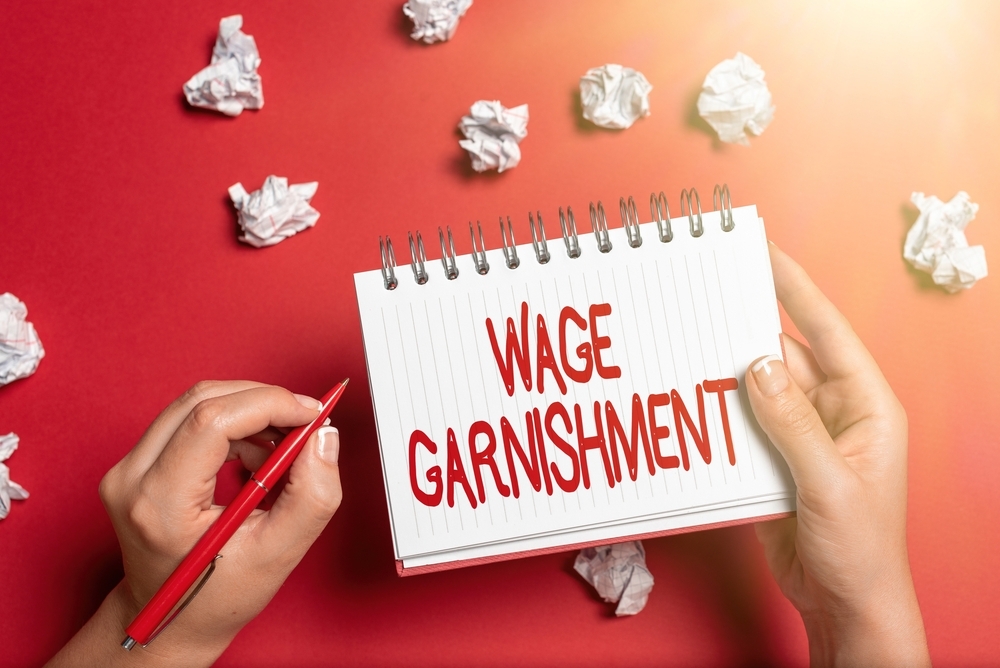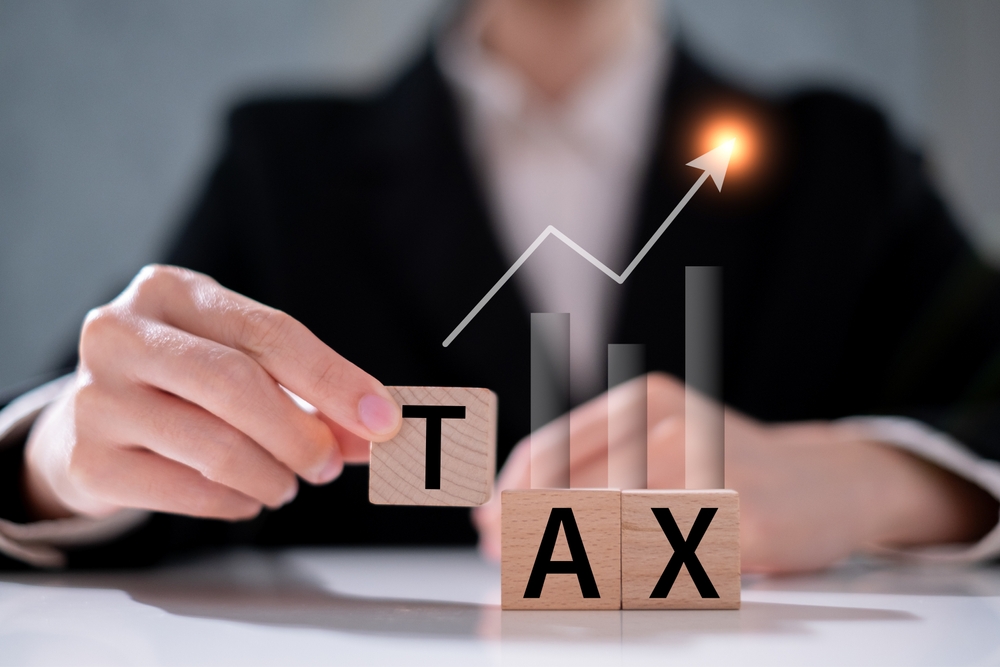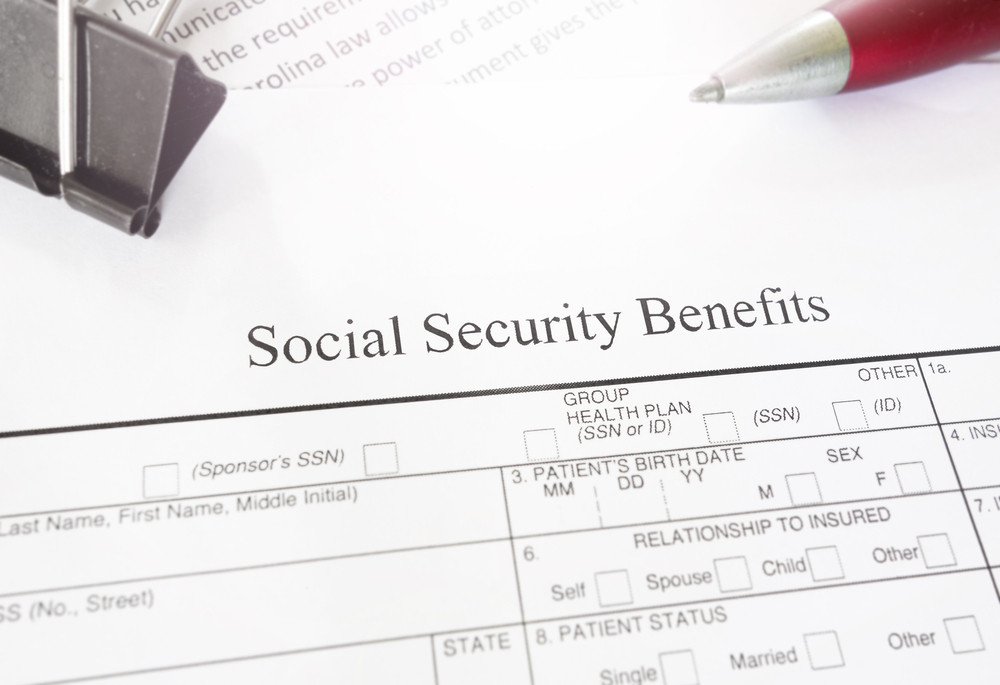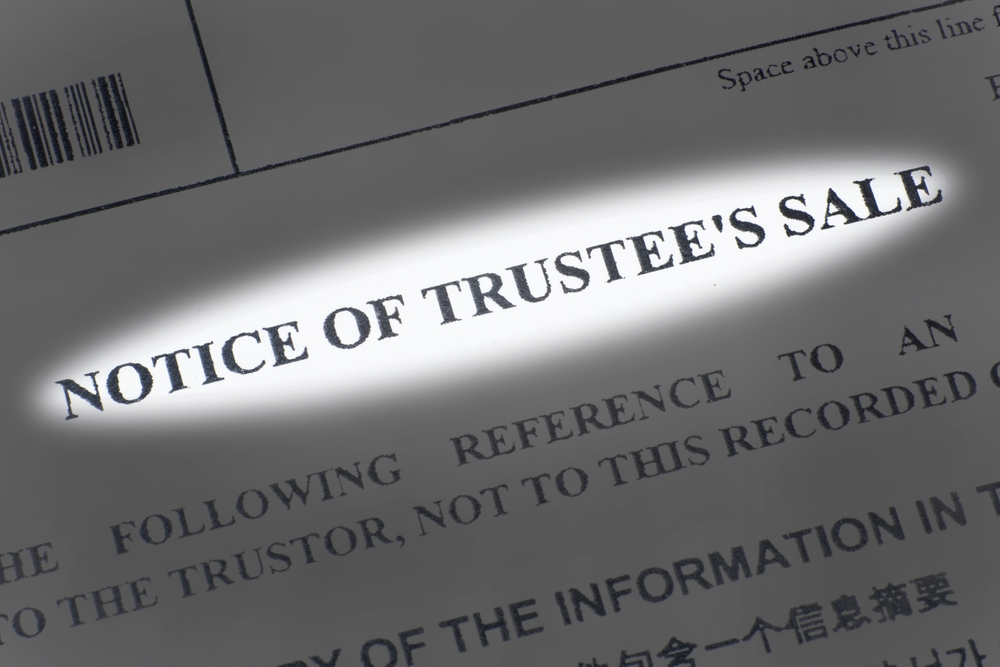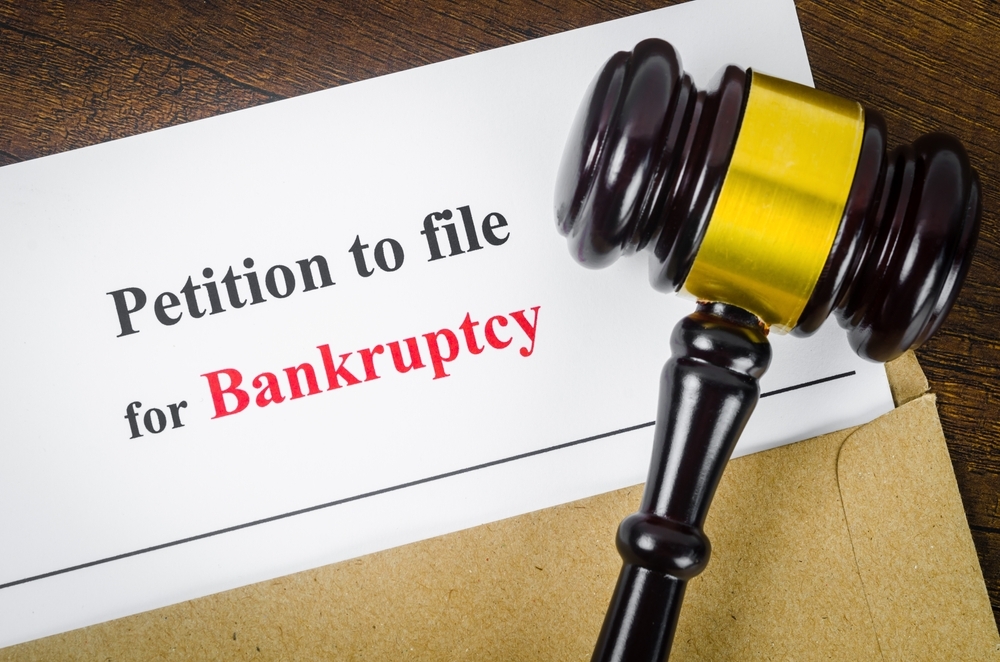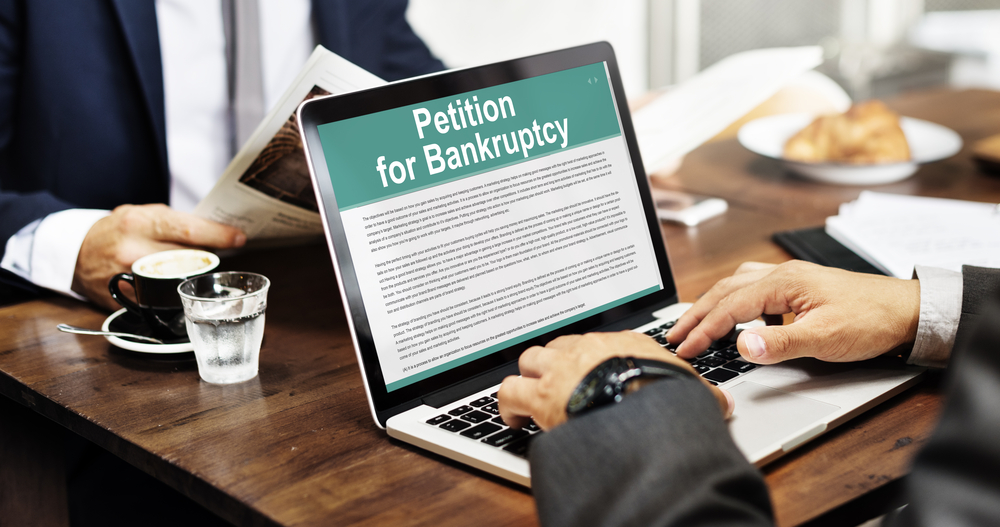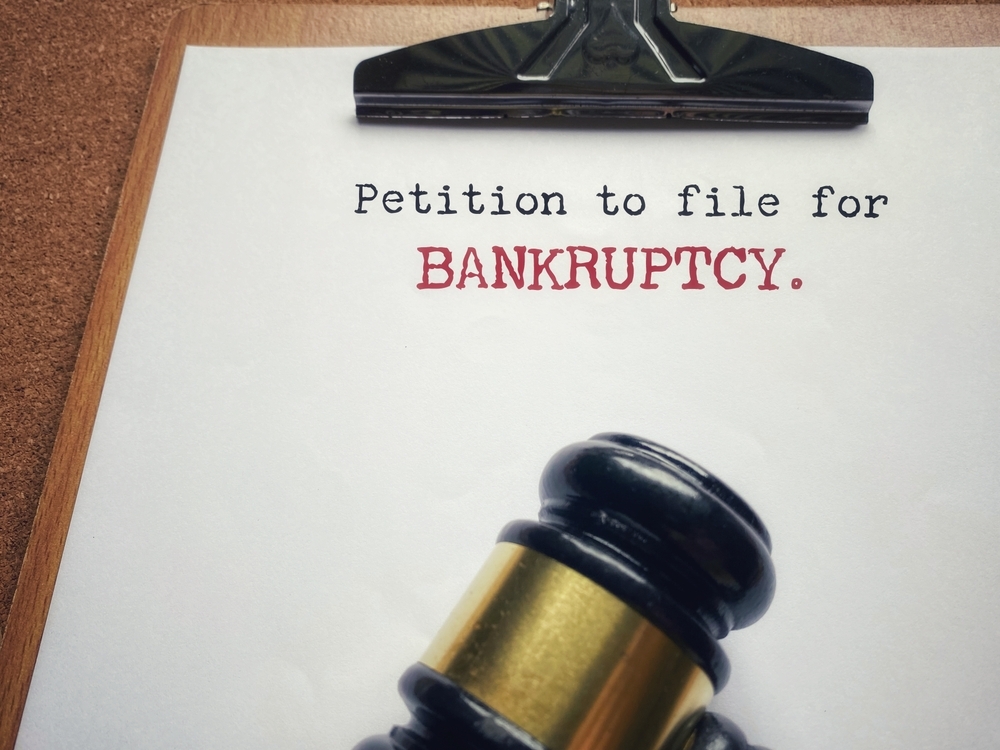When preparing to file for bankruptcy with LifeBack, our team will walk you through the ins & outs of completing your petition. This includes detailed information about your financial history, including any property or money you have given away or transferred in the last few years. These transactions matter because of something called fraudulent transfers – which is a very daunting name for a very common occurrence in bankruptcy! Understanding what they are and why they must be disclosed can help protect your case and make sure that you receive the fresh start that a bankruptcy case can offer you.

What Is a Fraudulent Transfer in Bankruptcy, and Why Is It Important to Disclose?
When preparing to file for bankruptcy with LifeBack, our team will walk you through the ins & outs...


